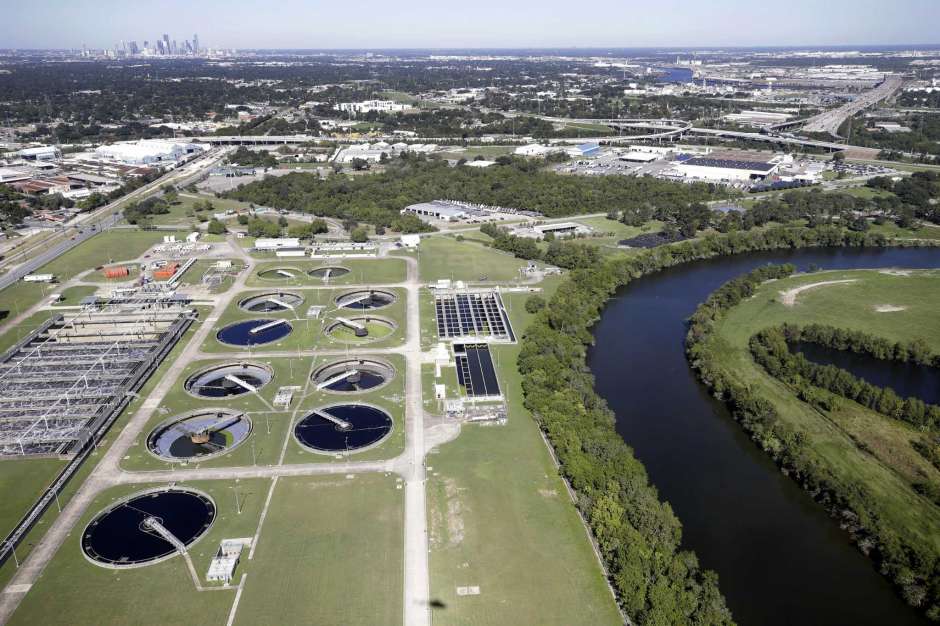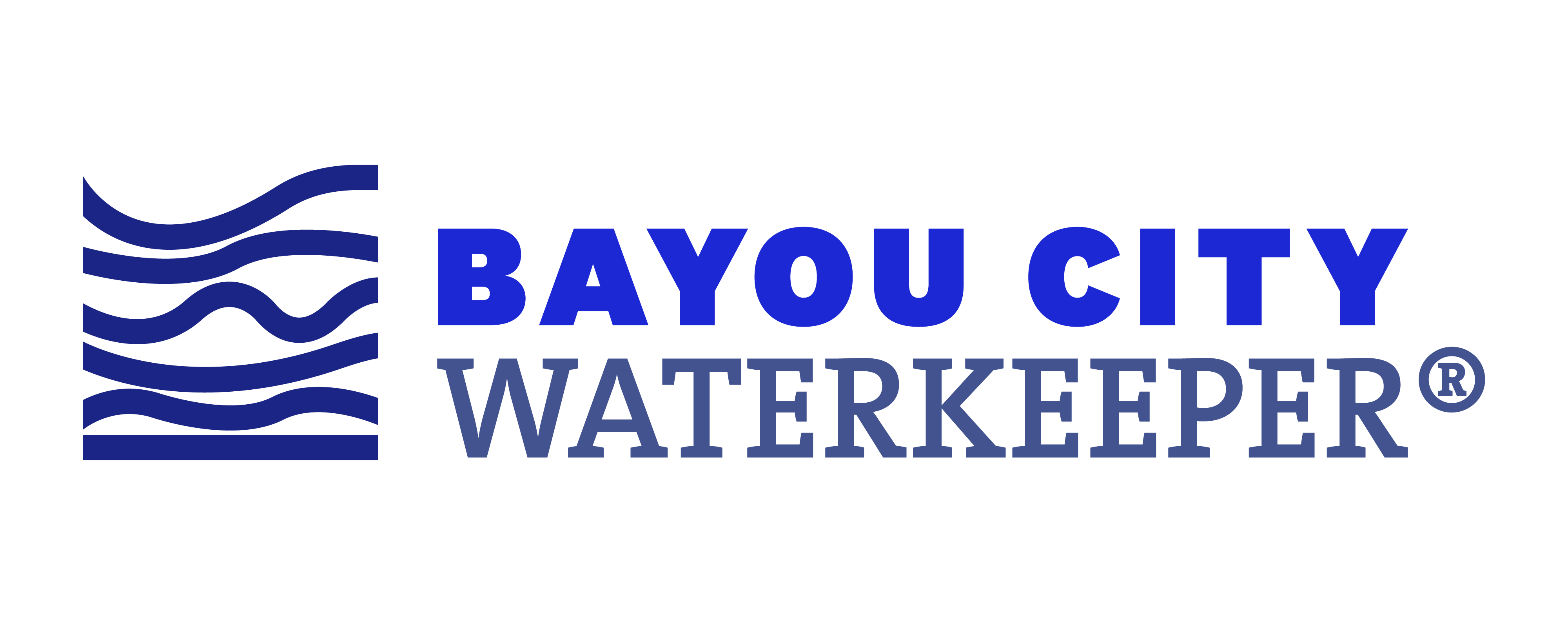This editorial was originally printed in the Houston Chronicle.
Our billion-dollar chance to fix Houston’s wastewater [Opinion]
By Jordan Macha / April 25, 2019
The city of Houston is on the verge of settling more than a decade’s worth of Clean Water Act violations caused by its ailing wastewater treatment system. The settlement represents an opportunity to make much-needed upgrades, which could improve local water quality, reduce local contributions to climate change, and cure historic inequities. Will Mayor Turner and our city government rise to the occasion?
We fear they won’t.
The city has refused to disclose the settlement’s details, and neither the Environmental Protection Agency, nor the notoriously opaque Texas Commission on Environmental Quality , has been forthcoming with information. Even as a party to the lawsuit prompting this settlement, Bayou City Waterkeeper has not received any details of the city’s agreement with federal and state regulators. Bayou City Waterkeeper’s requests to allow public input before the details of the plan are locked in place also have been refused.

While we wait for the city to share any information, we’re left to ask: Will the settlement go far enough?
Here is what we know. Houston’s settlement likely will cover more than 10 years of legal violations caused by thousands of sewage discharges into local waterways and neighborhoods. The settlement follows at least six years of intermittent negotiations with the EPA and TCEQ. Early in those negotiations, before Harvey rendered six wastewater treatment plants inoperable, the EPA under the Obama administration estimated the city would need to commit $5 billion to $7 billion to repair its system properly. While we continue to recover from Harvey, the Chronicle has reported that the city’s settlement will be for $2 billion spread over 15 years. We question whether that will be enough.
History tells us it may not be. Over the last 30 years, Houston has spent $3 billion to repair its wastewater system. As reported in our lawsuit, Bayou City Waterkeeper found that the city’s rate of self-reported wastewater pollution has not decreased in the last five years. And in 2017, Environment Texas found fecal bacteria at least 75 percent of the time at its testing sites along our bayous.
By comparison, smaller cities with smaller sewage systems, and no hurricane damage to contend with, settled for relatively greater amounts. For example, San Antonio, a city with half our population and less than a quarter of violations compared to Houston, settled its violations with the EPA for $1.1 billion.
Mayor Turner and his administration have not offered an explanation for the reduced settlement amount, except to cite the Trump administration’s lax attitude toward regulation. This doesn’t sound promising. But before any settlement is final, the city has the chance to give Houstonians a wastewater treatment program that will resolve continuing damage to local waters and communities for generations.
Rather than focus on the bottom line, Bayou City Waterkeeper urges the city to look to the future — and in particularly, we urge Mayor Turner, who serves as the co-chair of Climate Mayors, a bipartisan group of U.S. mayors committed to leading on climate change. The city must not leave us with a plan that will have us back at the drawing board in another 10 or 15 years.
Other cities offer examples of wastewater improvements and innovations Houston could consider. Santa Fe, for example, is financing recent wastewater improvements through green bonds, which will allow investors to invest directly in bonds that finance environmentally beneficial wastewater projects. Santa Fe’s improvements, moreover, will reduce that city’s dependence on fossil fuels. Closer to home, Austin constructed wetlands to treat its wastewater and created a birdwatching haven in the process.
The first time the city’s settlement will be public is when it goes to the City Council for approval. This could be any day, and that will be the first time Houstonians will be able to make our voices heard about what we want out of any agreement. Bayou City Waterkeeper urges City Council to give the public enough time to review the proposal and provide critical feedback to ensure any commitment the city makes will benefit future generations of Houstonians with cleaner water, cleaner neighborhoods, and a strong buffer against a changing climate.
Macha is the executive director and waterkeeper for Bayou City Waterkeeper (@BayouCityWK), which sued the city of Houston last fall for more than 9,300 violations of its wastewater permits.
